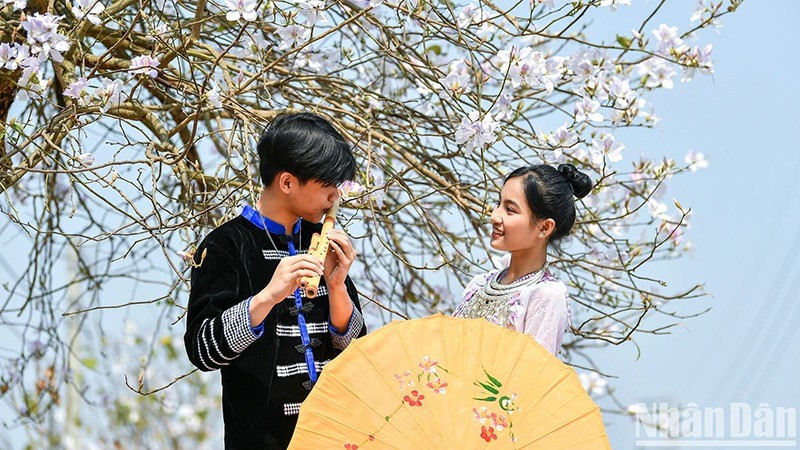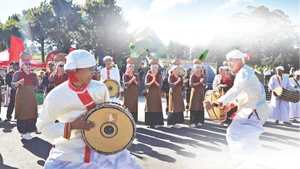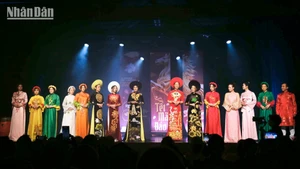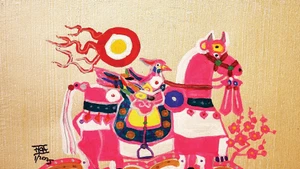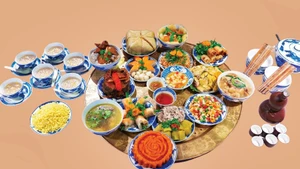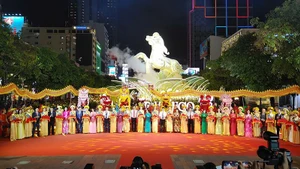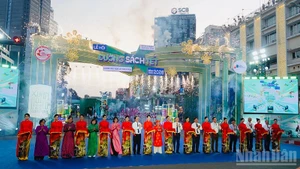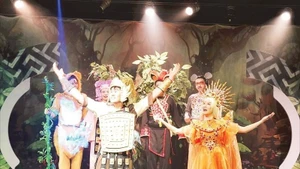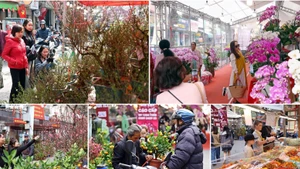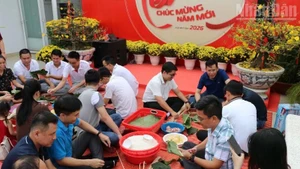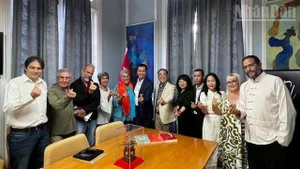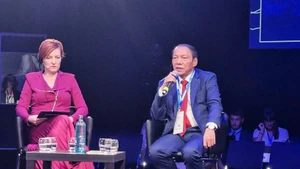In today’s global context, this proposal should be viewed as a long-term foundational step towards building an open cultural value system — one that is rich in identity yet not closed off, adaptive yet free from dilution.
The proposal is part of the implementation of several key Party directives on cultural and human development in Viet Nam, notably Resolution No. 33-NQ/TW on building and developing Vietnamese culture and people to meet the demands of sustainable national development; Resolution No. 59-NQ/TW on international integration in the new context; and most recently, Resolution No. 57-NQ/TW on breakthroughs in science, technology, innovation, and national digital transformation. These directives all underscore culture’s role as a foundation, an application space, and a driving force for innovation.
Therefore, the comprehensive nature of this proposal must be emphasised from the outset, not confined to the cultural sector alone, but as a national, cross-sectoral strategy that connects education, science, the creative industries, diplomacy, and the knowledge economy.
As nations today do not compete solely through technology and material resources, cultural identity has become a means of dialogue and a way to define national stature. In that light, the proposal should go beyond mere promotion and be framed as a proactive cultural integration strategy.
This is a roadmap for Viet Nam to engage more deeply in the international community, where Vietnamese cultural identity must be present across global exchange channels — from people-to-people diplomacy, education, and tourism to the creative industries and digital media.
Cultural integration is a two-way process, enabling Vietnamese culture to flow into the broader current of humanity while selectively embracing global cultural essences to enrich Viet Nam’s own heritage.
This is proactive integration: a selective and adaptive process rooted in identity. These two currents — outward influence and inward resilience — must interact and reinforce each other, enabling Viet Nam to project its influence while preserving its core values against assimilation and erosion.
The scope of the proposal also demands a vision that transcends event-based activities or short-term showcases. Culture needs a sustainable ecosystem, one that can self-nurture and expand. This calls for a strategic foundation that includes constructing a shared value system as a spiritual anchor, developing policies to nurture culturally rich individuals, refining institutions that encourage creativity, and, critically, developing digital infrastructure to spread cultural identity across cyberspace.
Its long-term vision also requires rethinking cultural governance. Culture should not be siloed within a single sector or ministry. Promoting culture and advancing international cultural integration demands participation from the entire political system and broader society. It must be embedded in strategies for education, scientific research, innovation, foreign policy, and development cooperation.
Furthermore, the proposal needs a flexible and adaptive operational mechanism, avoiding any confinement of culture to traditional definitions. Instead, it should embrace emerging creative spaces, from cultural industries and the creative economy to digital cultural products and transnational media.
These are the very domains capable of shaping the nation's image in the global imagination, especially among the younger generation worldwide. At the same time, sustainable cultural development cannot be separated from the nurturing of foundational values such as compassion, a love of learning, community spirit, national pride, and the aspiration to rise.
Culture is not only a heritage to preserve, it is also an open space for Viet Nam to engage, grow, and contribute to the world’s cultural landscape. Thus, the proposal on cultural promotion and international integration should be viewed as a national strategy for asserting Viet Nam’s vision, influence, and position in the 21st century, rooted in deep cultural identity, integration capacity, and a spirit of innovation.
